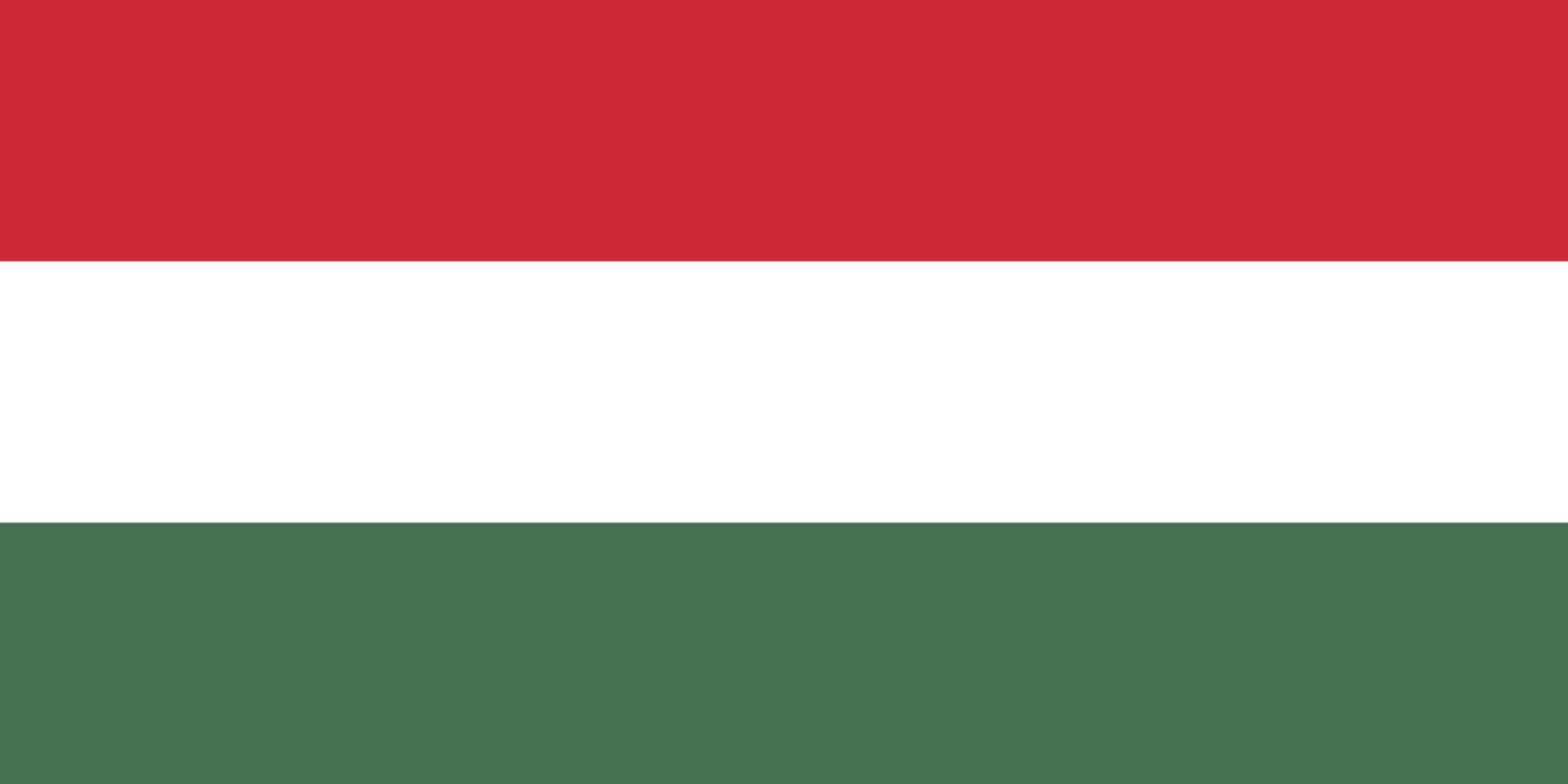Hungary
Hungary is a landlocked country in Central Europe. Its capital, Budapest, is bisected by the Danube River. Its cityscape is studded with architectural landmarks from Buda’s medieval Castle Hill and grand neoclassical buildings along Pest’s Andrássy Avenue to the 19th-century Chain Bridge. Turkish and Roman influence on Hungarian culture includes the popularity of mineral spas, including at thermal Lake Hévíz.

-
Capital:Budapest
Important Cities:Debrecen, Szeged, Miskolc, Pécs
Airports:
Tourist Attractions:
- Buda Castle: A historic castle complex in Budapest.
- Parliament Building: An iconic symbol of Budapest.
- Hortobágy National Park: Hungary's first national park.
- Széchenyi Thermal Bath: One of the largest thermal bath complexes in Europe.
- Eger Castle: A historic castle in the city of Eger.
Currency:
Hungarian Forint (HUF)
Cuisine:
- Goulash: A hearty soup or stew.
- Langos: A deep-fried flatbread often topped with sour cream and cheese.
- Dobos Torte: A famous Hungarian cake.
Cultural Activities:
Hungary is known for its vibrant music, art, and folk traditions. Enjoy classical concerts, traditional folk dance performances, and wine festivals.
Accommodation:
Hungary offers a range of accommodation, from 3-star to 5-star hotels. Notable options include Aria Hotel Budapest, Four Seasons Hotel Gresham Palace, and Corinthia Hotel Budapest.
Transport Connectivity:
Hungary has a well-developed rail and road network. Budapest serves as a major railway hub with
international train connections.
Population:
Approximately 9.7 million.
Religion:
Predominantly Christianity (Roman Catholic and Protestant denominations), with a growing irreligious population.
Languages Spoken:
- Hungarian: The official language.
- English and German: Widely spoken, especially in urban areas.
Disclaimer:
The information above is for reference, and we do not accept any liability for inaccuracies or updates.